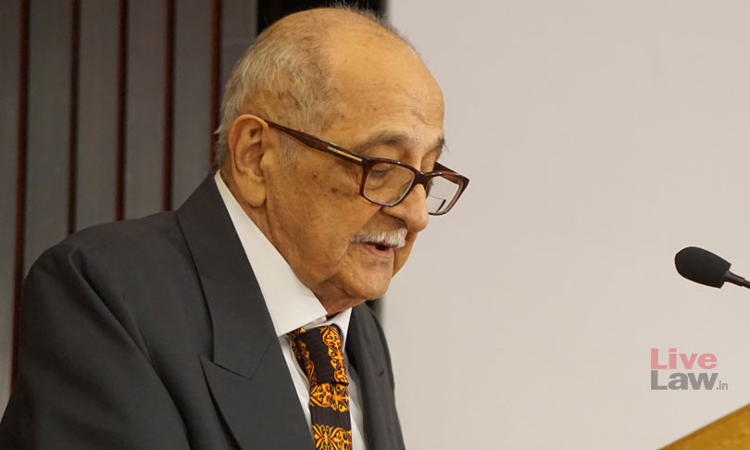How To Become A Good Lawyer: 10 Tips From Senior Advocate Fali Nariman
Aaratrika Bhaumik
22 Oct 2021 9:07 AM IST

Next Story
22 Oct 2021 9:07 AM IST
Senior Advocate Fali S Nariman on Thursday shared his wealth of knowledge on the topic "Becoming an Advocate" at the inaugural lecture of the online lecture series organised by Indian Law Institute, Kerala in association with LiveLaw.Through this lecture, the senior advocate extended important tips on the art of courtroom advocacy that would help young lawyers and law students to...
